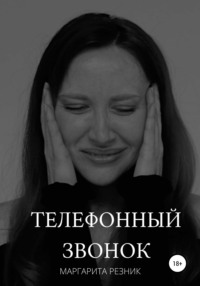Recipes of youth: from 35 to 25

Recipes of youth: from 35 to 25
Жанр: о бизнесе популярносоветы от гуруздоровьездоровое и правильное питаниекрасота и здоровьездоровый образ жизниздоровое питаниерецепты счастьямедицина и здоровье
Язык: Русский
Год издания: 2023
Добавлена:
Настройки чтения
Размер шрифта
Высота строк
Поля
Конец ознакомительного фрагмента









